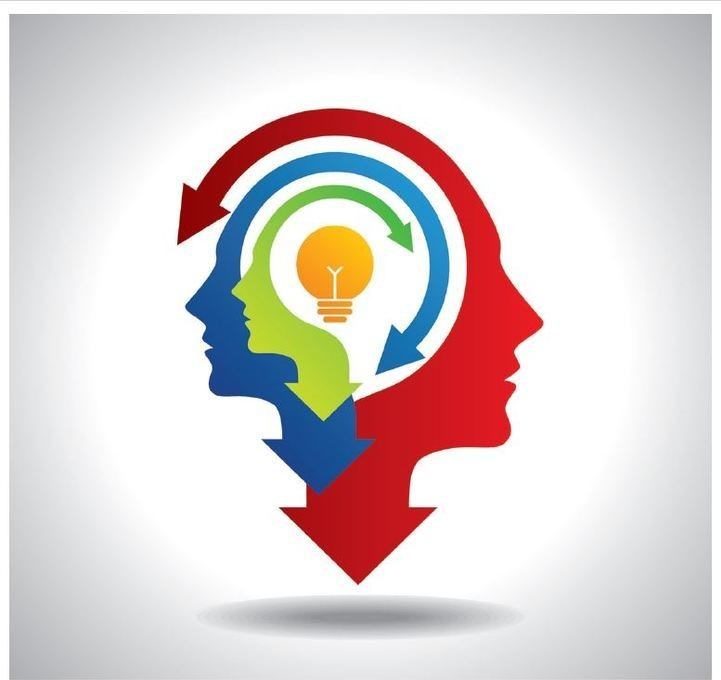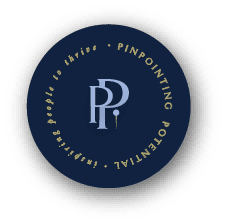Given that I normally run my life at 100mph, I have always been one of those people who said “Mindfulness just isn’t for me, I don’t have the time or patience to commit to it.”
As I have grown in experience and developed leadership skills, I would like to think that I have progressed from being “a hurricane” into a more mindful leader. I now understand that “practicing mindfulness” does not necessarily mean sitting on a meditation cushion for hours a day and I can definitely see and understand the significant benefits of incorporating mindfulness into our daily lives, particularly with the current uncertainty, stress, overwhelm and extreme sadness that is enveloping our everyday lives.
However, if “mindfulness isn’t your thing”, there are other techniques and programmes that we can use to achieve similar outcomes, the goal of which is to build resilience and help people respond better to stress and challenging work environments.
Resilience is defined as an individual’s ability to adapt to stress and adversity. Your level of resilience is defined as your capacity to bounce back from a negative experience to your normal state of functioning. Everyone is resilient and can improve their level of resilience. It is typically enhanced by engaging in activities or techniques that help facilitate good physical and mental health. Highly resilient people are able to effectively balance negative and positive emotions and make effective responses to them.
While people may love the work they do, so many today are suffering because they don’t know how to deal with the associated stress of a demanding job and environment.
Traditionally, organisations have placed more emphasis on physical than mental health in the workplace. As our work environments transform, employees and leaders now face the most demanding environments and positions, which is resulting in a significant increase in mental health and work-related stress issues.
According to Mental Health Ireland, more than 30% of Irish employees will struggle with a mental health issue each year and work-related stress is costing Britain 10.4 million workdays per year. According to an article in U.S. Health and Safety Magazine, mental health concerns are both common and long-lasting. About 18% of the U.S. adult population (44.7 million) has a mental illness in any given year.
Genos International reacted to this by creating The Resilient Leader Program. The Resilient Leader equips leaders and individuals with the tools and techniques to help build higher levels of resilience and well-being in the workplace for themselves and those around them.

The powerful program helps raise leaders’ awareness of this new key corporate responsibility and gives them the tools and techniques to facilitate well-being in their teams. Participants explore and practice applying a 3-step model for positively influencing the way others feel around a distressing event and helping them find the best possible response to make to it. We dive into the neuroscience of emotions along with the effects of positive and negative emotions on us. The program then goes through techniques and strategies to develop higher levels of personal resilience and to develop an action plan to boost resilience in multiple areas of your life.
Developing the levels of resilience for leaders can be truly life changing or themselves and everyone around them. Working together, each person documents insights and builds an action plan to take back to their lives and workplace so they can start having a more positive impact straight away. It’s a comprehensive and enjoyable program to experience.
So, if you’re focused on developing the well-being and resilience of your teams, the Resilient Leader is a great way to do so.
If you are interested in learning more or have any questions, please feel free to contact: ciara@pinpointingpotential.com

